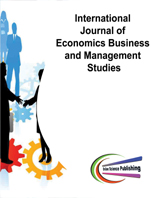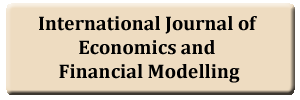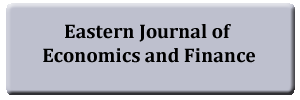Assessing the Role of Motivation in Organisational Development a Study of National Assembly, Abuja
DOI:
https://doi.org/10.20448/802.3.2.82.93Keywords:
Motivation, Organisation, Development, Performance, Worker.Abstract
The issue of motivation has continued to draw the attention of many individuals and corporate bodies alike in their quest to improve organizational performance. Most workers in various work places are faced with some challenges such as: poor condition of service; inadequate remuneration; poor working environment; inadequate working materials; authoritarian leadership style in some cases; poor inter-personal relationship, poor morale among workers, inadequate motivation and a host of others. This work therefore is on the role of motivation in organisational development. Research objectives and research questions were developed. Research hypotheses were also formulated in line with the objectives of the study. The research adopted a survey approach. While Test of Model significance – ANOVA was used in testing the hypothesis. Three of the explanatory variables namely leadership style, training and high welfare package proved to be significant contributors to organizational development (i.e. 6.060, 5842, 1.970) > t – tabulated (2.576, 1.960), at least, at 5% level of significance while only monetary reward and the use of consultancy services were not significant (i.e., 1.953, 1.662) < t - tabulated (2.576, 1.960), respectively for both 1% and 5% levels of significance. The researcher therefore conclude that only three of the explanatory variables namely leadership style, training and high welfare package make a significant contribution to the level of organizational development in the National Assembly. The study recommended the use of training programmes needs to be stepped up in the National Assembly Abuja, especially as the study has revealed that workers find it more appealing than monetary gift, good welfare package should be put in place for the staff of the National Assembly, Abuja, among others.




